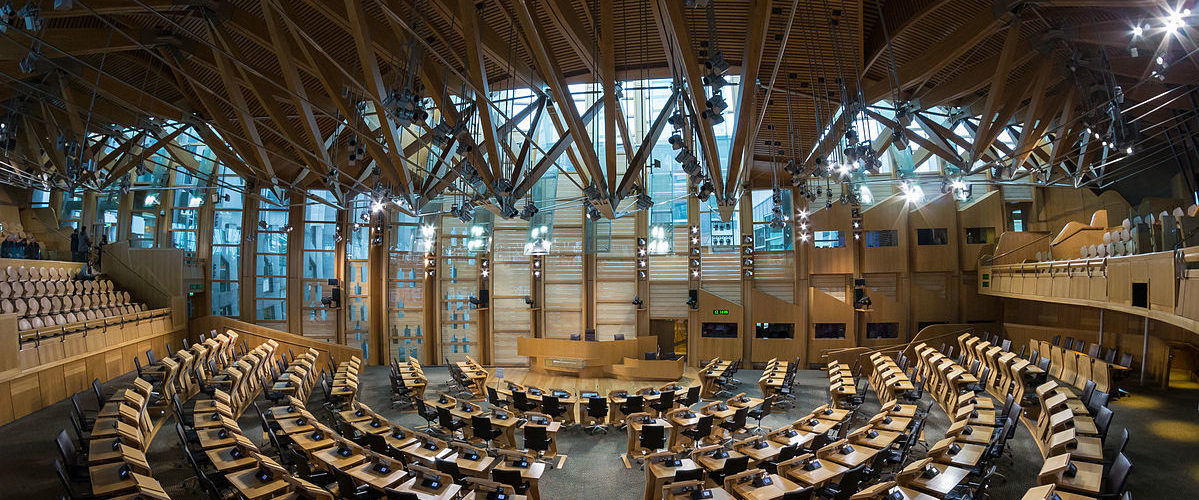One of the most eye-catching parts of the Housing Bill published recently by the Scottish Government was its proposed model for controlling private rents.
This is something that was promised in the Bute House Agreement following the last Holyrood election, with the pressure on ministers to outline their plans increasing after the emergency restrictions on rent increases in the Cost of Living Act expired last month.
There’s no doubt that in many parts of Scotland, renters in the private sector are facing runaway costs. If these proposals can successfully put the brakes on, then that’s something to be welcomed. There are, however, still a lot of unanswered questions around how rent controls will work in practice.
The way the proposals are set out means that many crucial aspects will be determined through regulations set out by Ministers rather than on the face of the bill itself. We still don’t know the degree to which rent increases will be restricted, the thresholds that must be met before rent controls are implemented, and a host of other significant details.
Crucially, there’s no mechanism in the bill to drive down the level of already unaffordable private rents, merely to slow down the pace at which it rises. Ultimately, the only long-term solution to an overheated private rental market is to reduce demand by making genuinely affordable social housing a realistic option for significantly larger numbers of people.
No matter how effective these rent controls are in slowing down increases, they can’t, on their own, fix Scotland’s broken and biased housing system. They won’t help the 10,000 children currently stuck in temporary accommodation and they won’t offer anything for the unprecedented number of people already trapped in the homelessness system.
The last budget slashed the funding available to build social homes for the second year in a row, and the latest figures show that social housing delivery is slowing to a crawl. There’s a growing risk that Scotland starts to lose more social homes than it builds each year; a daunting prospect at a time when four councils have declared housing emergencies, and the Scottish Housing Regulator says many local authorities are struggling or unable to cope.
That’s not to say that rent controls won’t alleviate some of the enormous pressure placed on the shoulders of private tenants. Rather it means that the devastating consequences of the housing emergency can’t be legislated away; they can only be addressed with resources, funding, and ultimately many more social homes.
As this bill progresses through Holyrood, it’s vital that the voices of private tenants who are struggling with the consequences of our broken and biased housing system are heard loud and clear by politicians.
However, any attempt by Ministers to present the Housing Bill as a solution to the housing emergency must be strongly resisted. Communities in Scotland need to see action to drive up the supply of social homes and no matter what good comes of this Bill, the Scottish Government can’t claim it does that. We’ll keep campaigning for Ministers to set out a concrete plan that will deliver the social homes we need.


